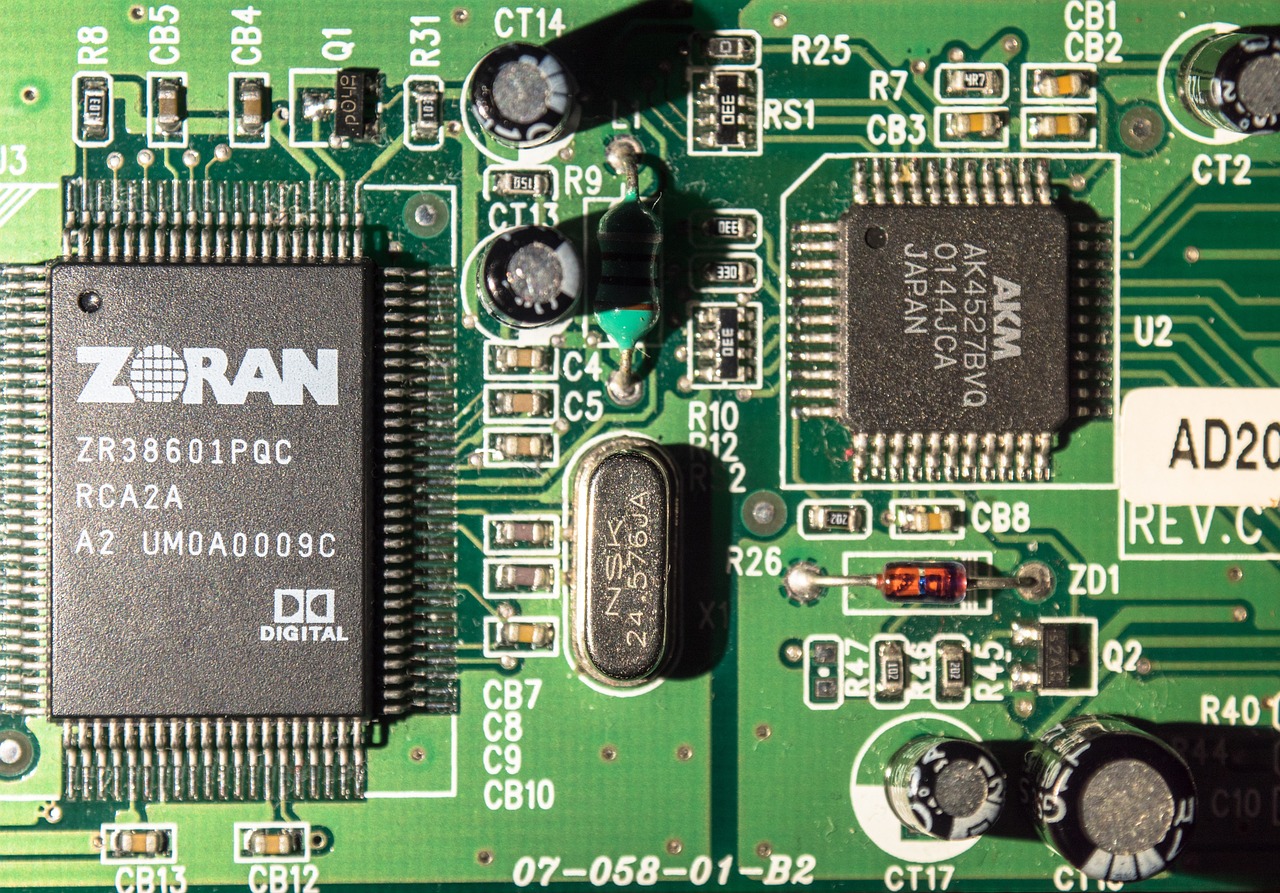The Evolution of Smart Building Automation
Building Automation Systems have seen a significant rise in popularity and adoption in recent years. These systems are revolutionizing the way buildings are managed and operated, making them more efficient, convenient, and sustainable. By automating various functions such as lighting, HVAC, security, and energy management, building automation systems are streamlining operations and reducing energy costs for building owners and managers.
One key factor driving the adoption of building automation systems is the increasing focus on sustainability and energy efficiency in the built environment. Building owners and occupants are becoming more aware of the environmental impact of buildings and are seeking ways to reduce energy consumption and carbon footprint. Building automation systems offer a solution by optimizing energy usage, monitoring building performance in real-time, and making data-driven decisions to improve overall efficiency.
The Emergence of IoT in Building Management
The utilization of the Internet of Things (IoT) in building management has undeniably transformed the way buildings are controlled and monitored. By integrating sensors and devices, IoT enables real-time data collection and analysis, leading to proactive and efficient building maintenance. This technology allows for a more streamlined and interconnected approach to managing various building systems, such as HVAC, lighting, and security, ultimately optimizing energy efficiency and enhancing occupant comfort.
Moreover, IoT provides building managers with valuable insights into the overall performance of their facilities, enabling them to make data-driven decisions to improve operational efficiency. With the ability to remotely monitor and control building systems, IoT empowers managers to respond promptly to maintenance issues, reduce downtime, and minimize costs. As this technology continues to advance, the possibilities for enhancing building management through IoT are vast, promising a future where buildings are not only smarter but also more sustainable and cost-effective.
Integration of Artificial Intelligence in Smart Buildings
Artificial Intelligence (AI) has rapidly become a game-changer in the realm of smart buildings, revolutionizing the way structures are managed and operated. Through leveraging AI technologies, smart buildings are equipped to understand patterns, anticipate maintenance needs, and optimize energy consumption seamlessly. By harnessing the power of AI algorithms, buildings can adapt to occupants’ behaviors and preferences, creating a more personalized and efficient environment.
Moreover, AI plays a pivotal role in enhancing security measures within smart buildings. With advanced algorithms monitoring data in real-time, any anomalies or security threats can be identified swiftly, ensuring the safety of occupants and the protection of the building infrastructure. The integration of AI in smart buildings not only enhances operational efficiency but also paves the way for sustainable practices and improved occupant experience.





